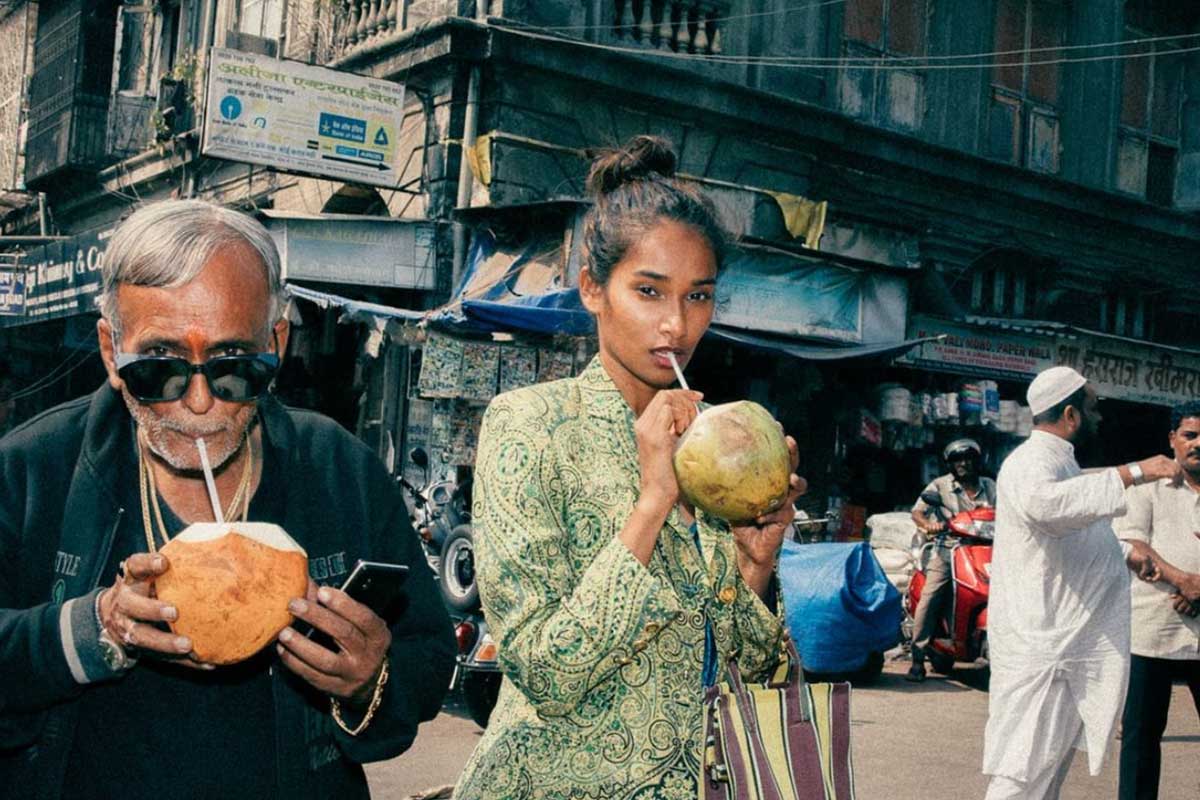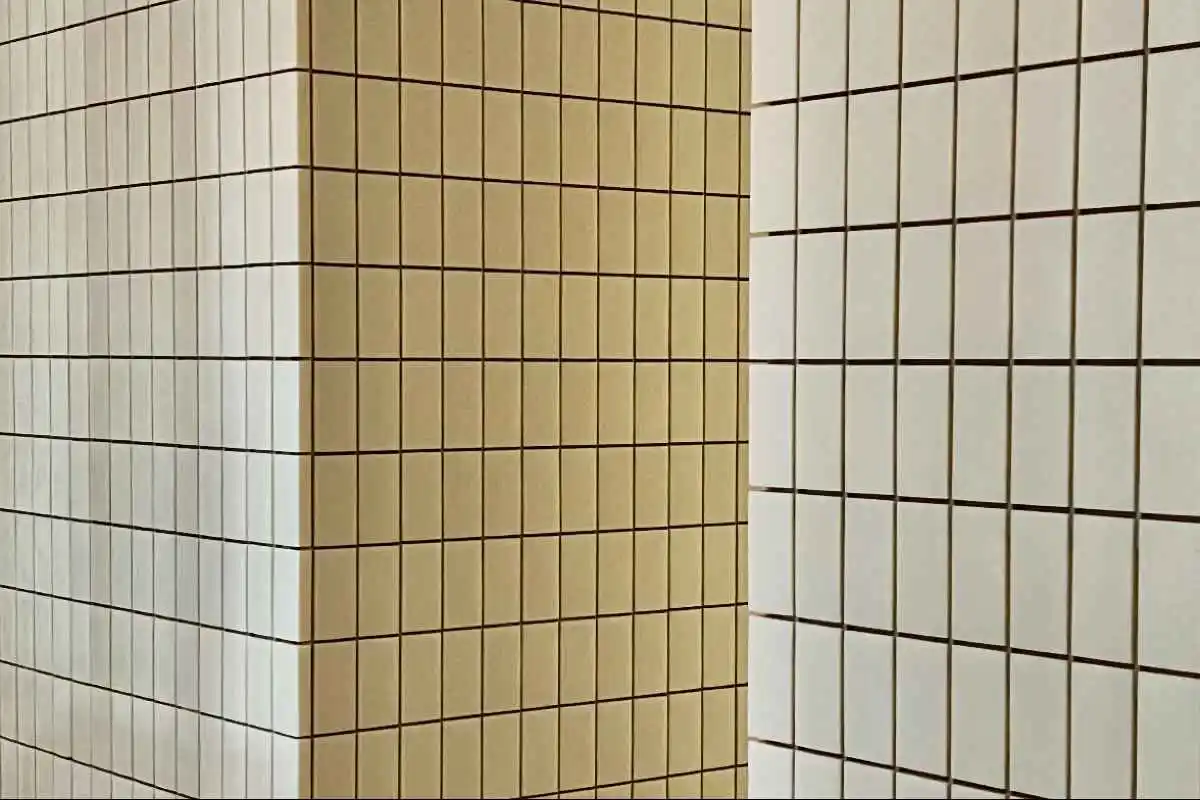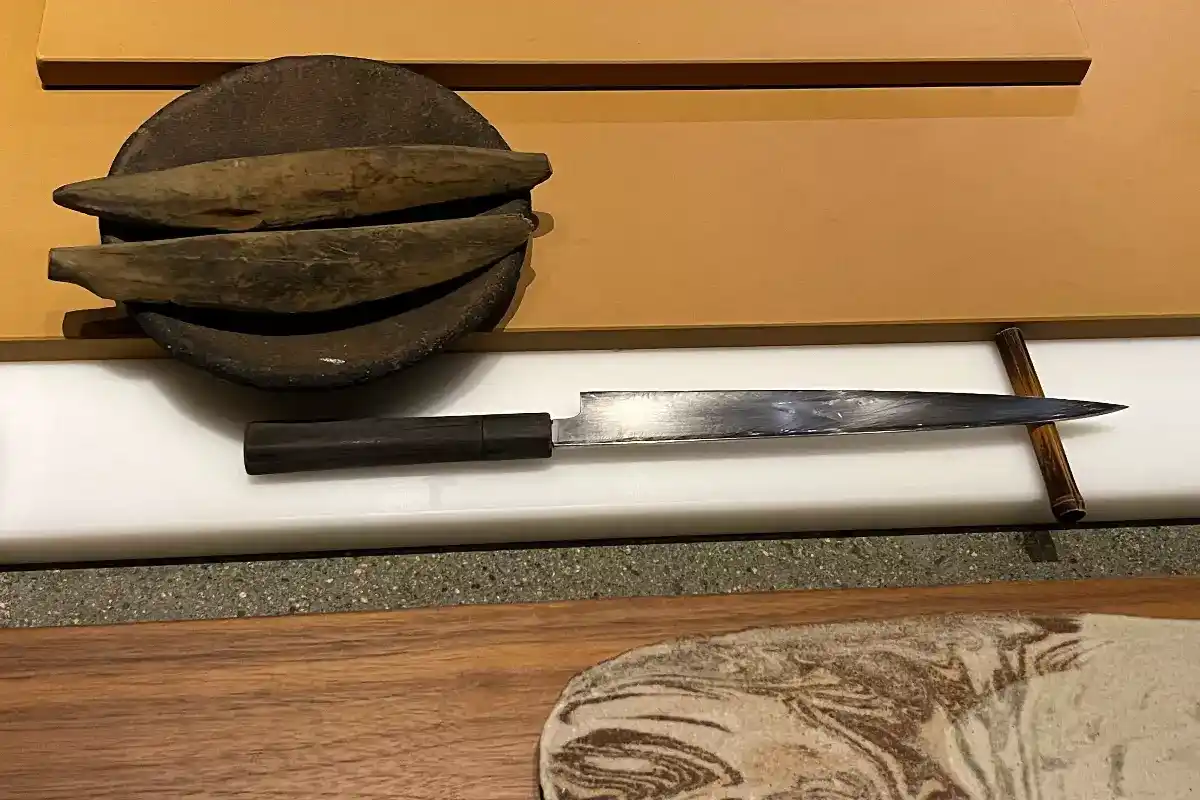The concept store shares stories, inspires, educates and connects through vintage and designer garments. In conversation with founder Kanika Karvinkop
No Borders Mumbai digital concept store in Mumbai
Founded by fashion stylist Kanika Karvinkop in 2018, No Borders is a digital concept store based out of Mumbai, India. Determined to shift the view of Indian fashion globally, Karvinkop launched No Borders to create a safe space for local fashion and lifestyle designers to showcase their work alongside vintage designer garments.
Karvinkop says, «a number of people didn’t know about independent designers in India. When you think of Indian designers, you think of someone like Manish Malhotra. The designers that are popular, commercial, and appeal to the masses. Some designers weren’t getting platformed as much. But, they were making clothes inspired by their heritage, using India’s raw materials, and helping artisans in their locality. I started pitching a styling concept set in Pushkar to magazines until Refinery29 picked it up. It was my first story and it went viral. Seeing this kind of response toward South Asian designers, therefore, inspired me. I wasn’t seeing this kind of representation. So, I decided to create a platform for it. That’s how No Borders was born».
No Borders’ products selection
Fashion media in India is geared toward a Westernized luxury market that Karvinkop could no longer relate to as she had moved onto a sustainable approach. She was getting to know designers first hand and meeting their artisans. An aspect of fashion she felt she needed to introduce to the Indian public and globally. No Borders have now expanded to include a variety of heritage designers from Africa, Pakistan, Sri Lanka, and more. Taking it one step at a time, Karvinkop first focused her attention on holding space for others, then spearheaded vintage shopping in India, and third created an international cultural exchange.
Karvinkop wanted to stray away from marketability as a core concern. «We often only see the concept because it’s about selling and promoting the work. But I wanted to go in-depth, talk to the artists, who they’re working with, what their journey is. My goal is to give support to our artists». On the No Borders page, she displays the garments accompanied by style notes like where it is made, who the designer is, the history, and the inspiration.
No Borders’ business model
Karvinkop says she doesn’t work from a usual business model of sending out PR to celebrities or magazines because it is not about publicity alone. Instead, No Borders works in an internal way, through their self-directed photoshoots where they position India in a different light. Karvinkop explains, «India is vibrant. Every city and state holds its own. They have their own culture, traditions, language, and dress. I need to incorporate these elements into what we do.»
When people think of India, they think of traditional clothing like Saris or Lehengas, but Karvinkop wanted to showcase the contemporary designers. Being a stylist for ten years, she knew it is about making the product relatable to the customer through storytelling. She says, when she saw people portraying Indian heritage, they would usually slap on a bindi and say ‘this is India’. «I wanted to put a girl in a vintage pantsuit with a flower in her hair because that’s what my grandmother did so I can say, ‘No, this is India’».
No Borders’ location
Those around her inspire Karvinkop, bringing in elements that can change the aesthetic without being stereotypical. «You don’t need to be wearing a sari for it to be traditional.» From the start, No Borders wanted to create a community which Karvinkop felt could not be done through marketing and money. «The customer has to build a relationship with you through trust. It has taken me two years to reach this point. But it has been an organic growth. Our community is supportive».
Before moving to a digital landscape, James Ferreira’s three-hundred-year-old bungalow in Khotachiwadi, the heritage village of South Mumbai, housed No Borders. The store acted as a creative space where they would also host events like gigs and launches. Karvinkop says, «the physical store was an experience. Vintage interiors and antiques characterized it. I didn’t use the store as a place to come and shop. In fact, it was more of a place for people to hang out».
No Borders Journal
The store helped grow their community base. However, due to the pandemic they had to shut down. Karvinkop says this hasn’t stopped them from creating an immersive experience for their customers. «We have recreated that experience digitally so our website is more of a platform than a store. People can enter and learn about where the products are made». The website and magazine, No Borders Journal, have helped them grow a community outside of Mumbai where Delhi, New York, London as well as Berlin are their primary clientele.
No Borders Journal launched a year and a half after the platform and it focuses on covering stories from designers, diasporic or POC experiences. It is a space for a political and socially driven approach to accompany their store. They discuss, in fact, topics surrounding cultural identity, politics of fashion, art reviews, or address issues like colorism and misrepresentation of people of color in media.
Karvinkop says she would like to see authenticity from the fashion and arts industries in the future. «I see big corporations and brands reaching out to activists and stuff with no real intent. They use it to change their perceived narrative without doing the work. This has to change». She would like to focus on the people, their beliefs, why they are fighting for, what they’re fighting for, as well as the representation for the underrepresented youth.
Lampoon review: Vintage fashion at No Borders Mumbai
In India, the fashion scene is split between the extremes of luxury fashion and fast fashion. Karvinkop is a firm believer that vintage fashion meets a middle ground and is one of the most sustainable ways to shop. She says, in fact, one of the reasons No Borders started was to fill a void in the vintage market as there weren’t many places for her to shop vintage in India. «The concept was non-existent in India».
She started by working with curators from New York who helped her bring in brands like Dior and Fendi. «We have these designer brands, but also pieces from Spain or Pakistan. My oldest piece is a mesh bag from the 1920s». No Borders regular customers are in tune with green living and sustainability. But Karvinkop sometimes encounter those who aren’t. She, therefore, takes it upon herself to explain the nuances of vintage fashion to those who aren’t as familiar with it. She tells a story of a lady who came into her pop-up store in Mumbai.
Sustainability at No Borders Mumbai
«When you’re speaking to someone of a different generation or culture, you have to explain it in a way that would interest them. This woman didn’t understand why I liked old or used items. I told her about vintage being sustainable, but the story aspect is what connected her to the garment. I explained that these pieces are one of a kind and rare. They hold value because it’s been passed through generations, just like you would pass on your wedding saree. Pieces from the past are better quality too. She fell in love and she ended up buying five or so pieces».
The designers displayed at No Borders are concerned with sustainability and implement different techniques into their design efforts to allow for low wastage practices. From October 2021, No Borders will also be expanding into a sustainable marketplace where they will be working with companies to carry out sustainable shipping practices with eco-friendly packaging materials to reduce plastic consumption. The marketplace will be a collaboration between Karvinkop and her friend who is an engineer and activist. The digital marketplace will hold a limited inventory and will create a network to allow customers to buy directly from designers. They will offer home decor, fashion goods, daily products, and more, all focused with sustainability in mind. The marketplace will be international and curated.
No Borders
No Borders is a concept store that focuses on diversity in fashion culture and art. Geared toward a sustainable lifestyle, No Borders provides a platform for a global cultural exchange transposed through vintage goods as well as an international array of emerging designers.




















